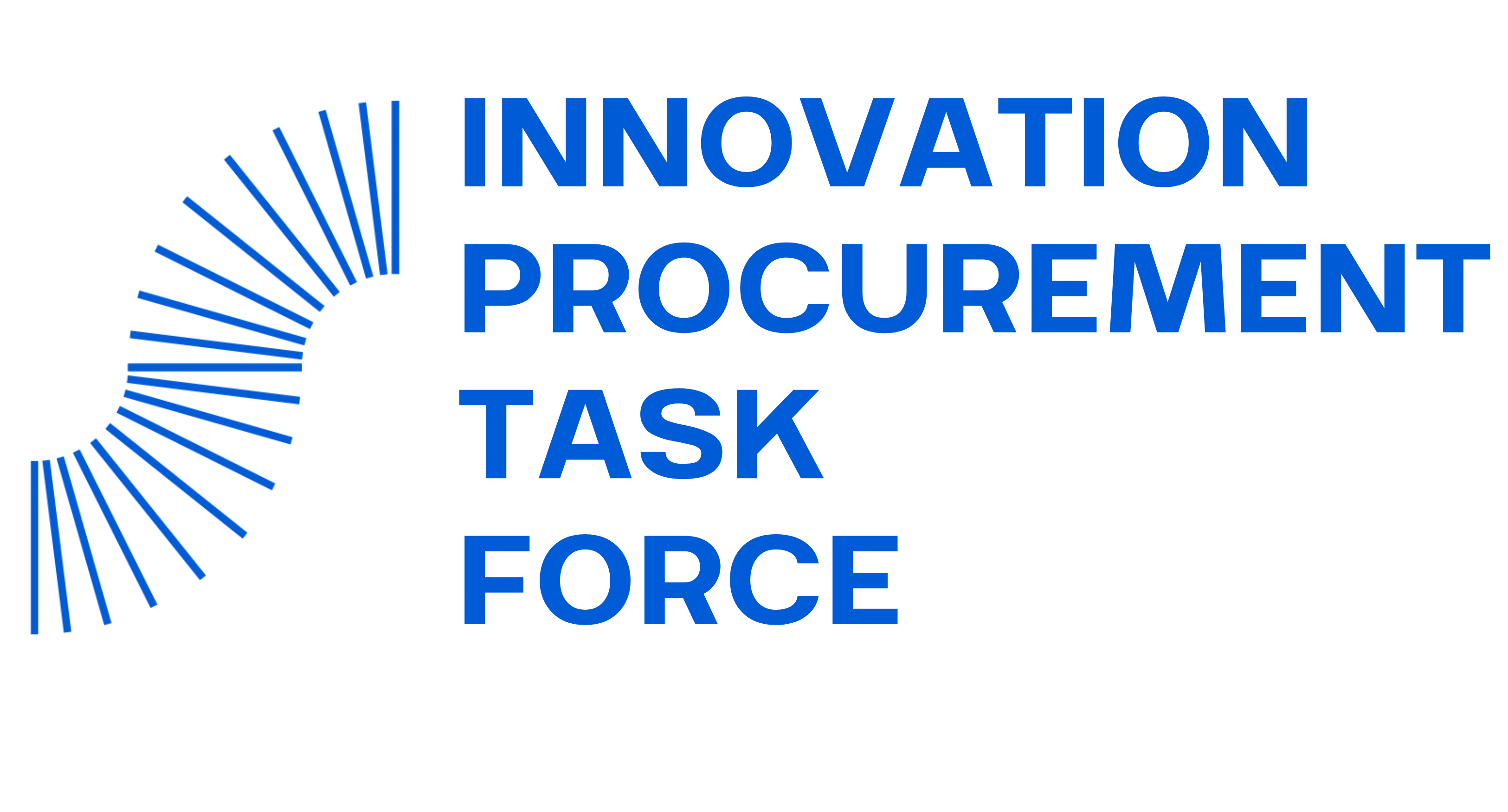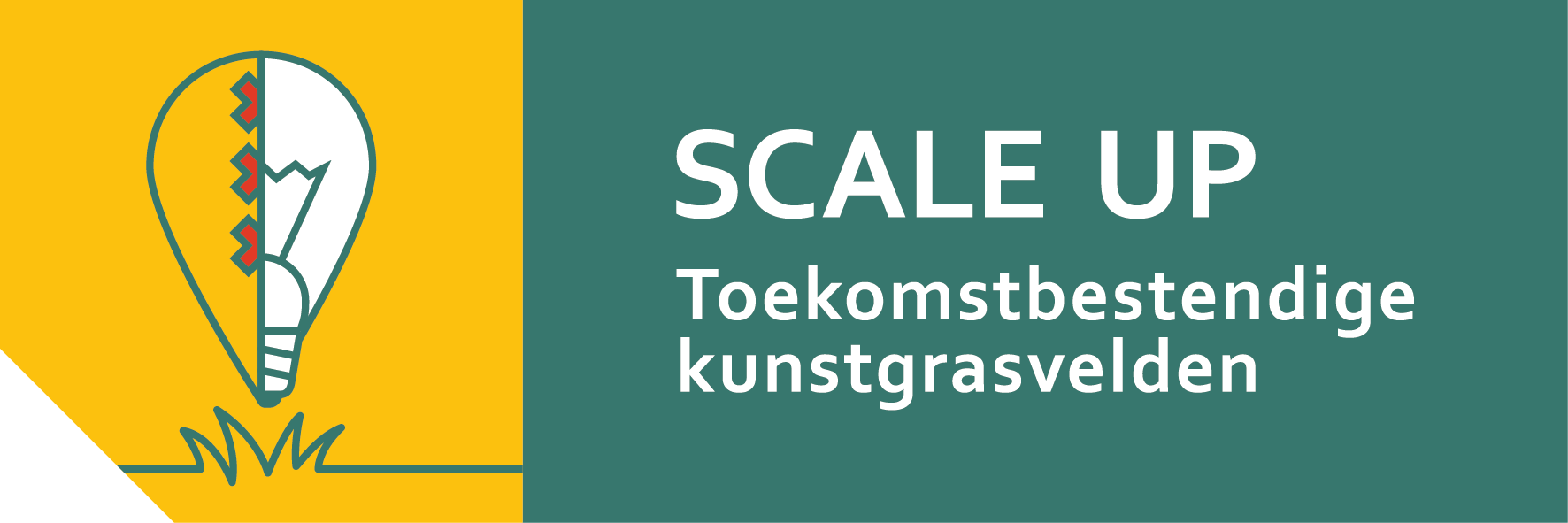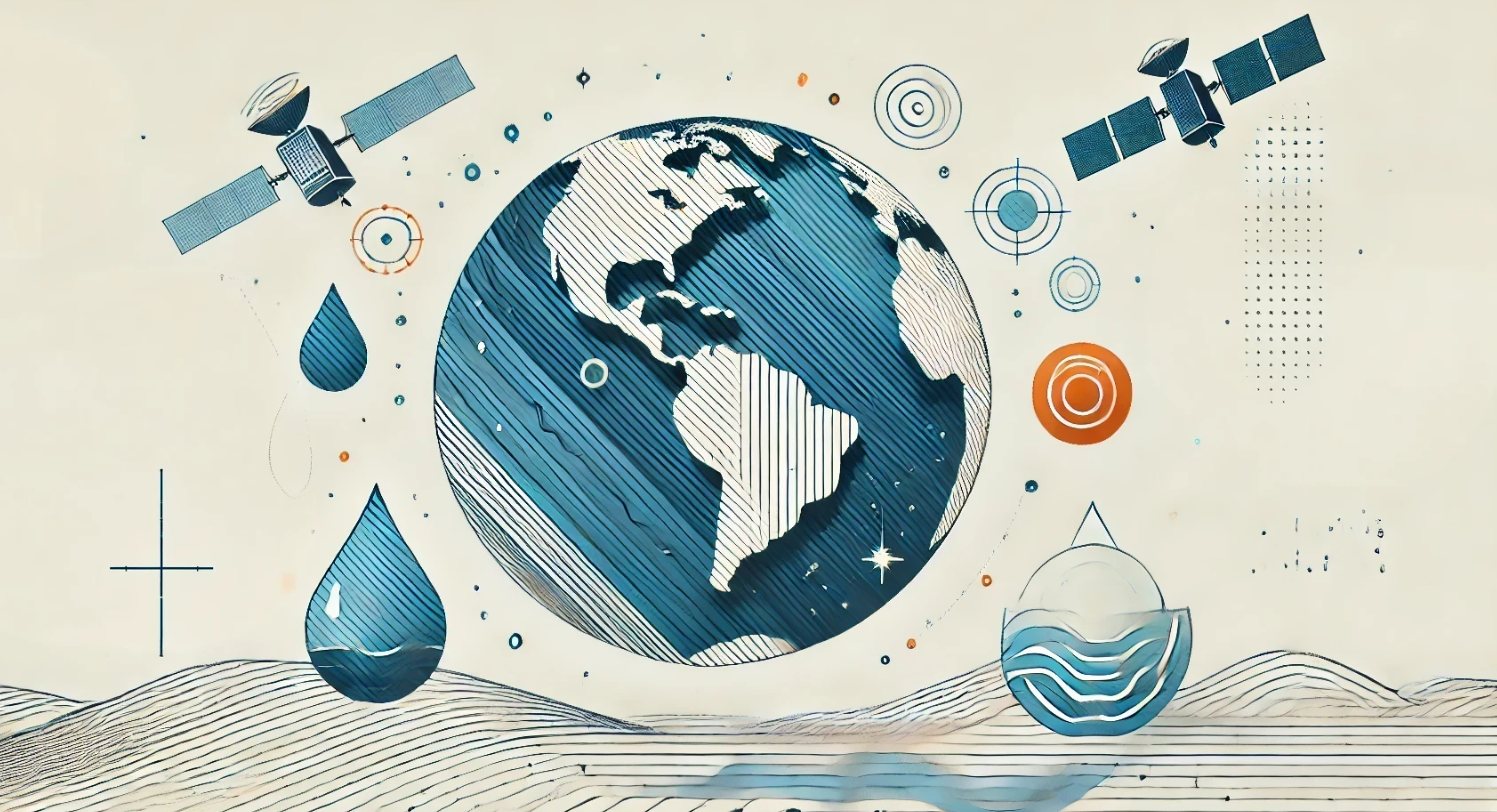
The Innovation Procurement Task Force (IPTF), is an ongoing collaborative initiative that promotes sustainability, resilience, and innovation across its member states. This task force aims to support procurement in innovative areas such as the circular economy, green mobility, and healthcare. By bringing together public bodies, businesses, and organisations, IPTF leverages collective expertise to improve progress but also to create more sustainable and resilient communities. Initially established by four EU-funded projects- PROCEDIN, BUILD, Health InnoFacilitator, and InnoBuyer- the IPTF currently has seven members, including the Urban Agenda Partnership on Innovative and Responsible Public Procurement. The Task Force supports its members and their initiatives through coordinated communication and joint efforts, reaching all combined networks. Activities include webinars, training sessions, articles, matchmaking opportunities, workshops, events, and more. Visit the website for more information: About – ITPF (iptf.eu)
IPTF was founded as deliverable from -among others- the PROCEDIN project. Information about this EU-funded project, which closed at the end of 2024, can be found here: PROCEDIN – Procurement Capability for Embedding and Driving Innovation

The EU-funded LIFE GREEN PITCHES project (2022-2027) aims at stimulating circular, biobased, non-polluting, climate proof and energy positive innovations, using the innovative, durable ‘Scale Up’ tendering method. LIFE GREEN PITCHES will implement the Scale Up method in order to stimulate cooperation in the market for artificial grass pitches, and to facilitate consortiums to design and apply their innovative and sustainable solutions. Most citites depend on artificial grass to be able to offer enough sport, as artificial grass can be used more intensely than natural grass. However, artificial grass pitches are not circular yet, they cause heat stress, a reduced water management system and a huge pile of waste. Therefore, LIFE Green Pitches calls on market parties to cooperate in taking on this challenge. Visit the website for more information: LIFE Green Pitches - openresearch.amsterdam. The latest news update can be found here. Watch the video to get a visual image of what we would like to achieve here.
If you would like to be a replicant and implement this development into your own city sports projects, please send an email to vopejko@haarlem.nl

The PCP-WISE project (2024-2027) aims to customize/pre-operationalize water management innovations from space for European climate resilience via pre-commercial procurement (PCP). It addresses water-related crises (floods, fires, infrastructure impacts) using space and Earth Observation data. With climate change impacting water availability and distribution, PCP-WISE seeks to enhance EO-based information for better regional water management, promoting resilience across EU borders. It focuses on local dynamics in water availability and aims to anticipate extreme climate conditions through an integrated water intelligence system. The project's significance lies in its potential to mitigate water-related crises, driven by a unified water taxonomy and Earth observation-based modeling. More information can be found here.
The PCP-WISE project builds on the activities and deliverables from the EU-funded project PROTECT, which closed at the end of 2024. More information about PROTECT can be found here: PROTECT Project – PROTECT (protect-pcp.eu)

The EU-funded project CircularPSP (2023-2026) is an innovation procurement for AI and platform to support cities in their CE transition. The platforms currently being developed integrate specialised AI collecting all circular procurement criteria, case studies and applying relevant taxonomies to make them searchable in local context and language. On the platform, regular staff can trigger circular action preparing circular procurement with the assistance of step-by-step guides. Procurement officers can research circular criteria and enforcing clauses and perform quality checks of their procurement packages. New skills and knowledge can be learned in the upskilling section. The CircularPSP solution will empower cities of all sizes to start their CE transition at low cost and risk, and removes friction in knowledge sharing, networking within and between cities, training and tracking the impact of circularity.
Visit the CircularPSP website for more information and/or follow on LinkedIn to stay connected.